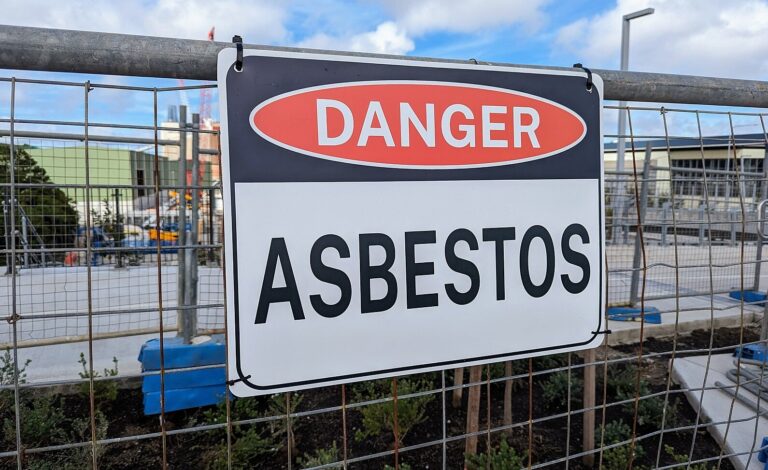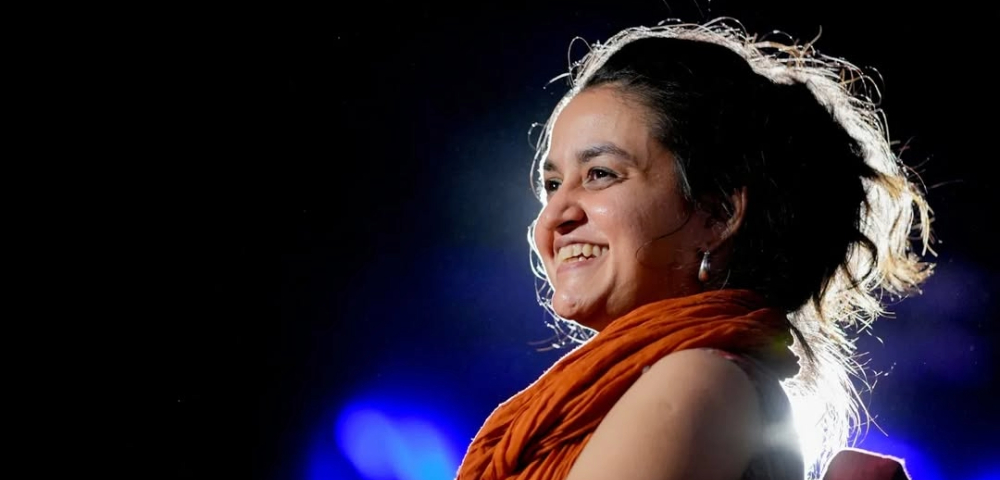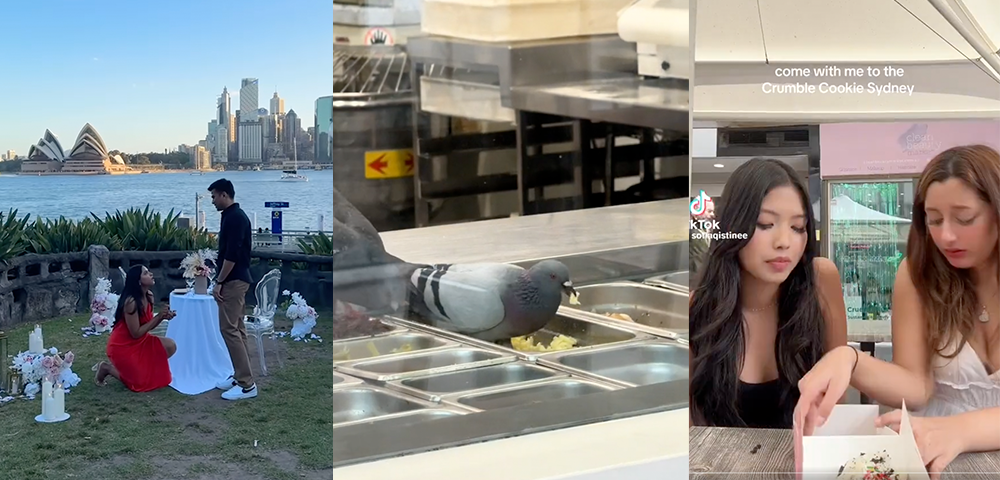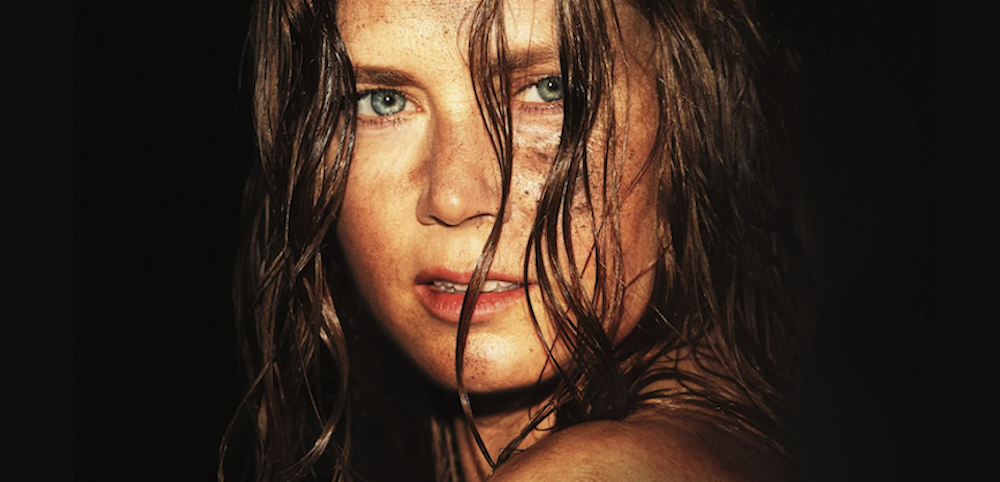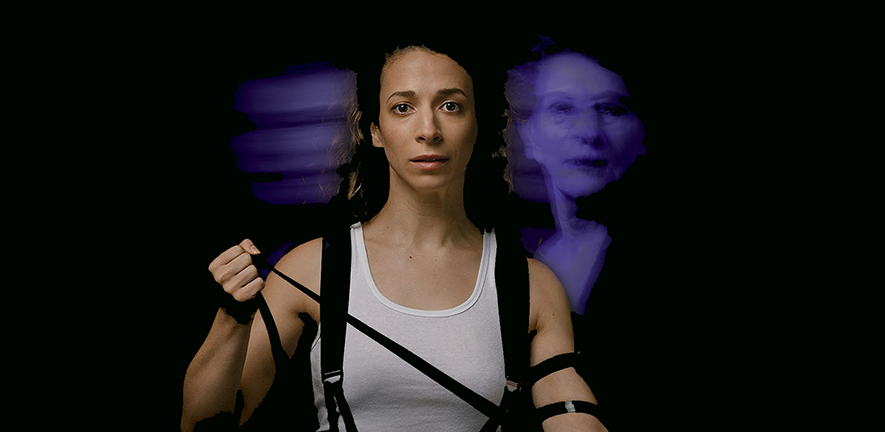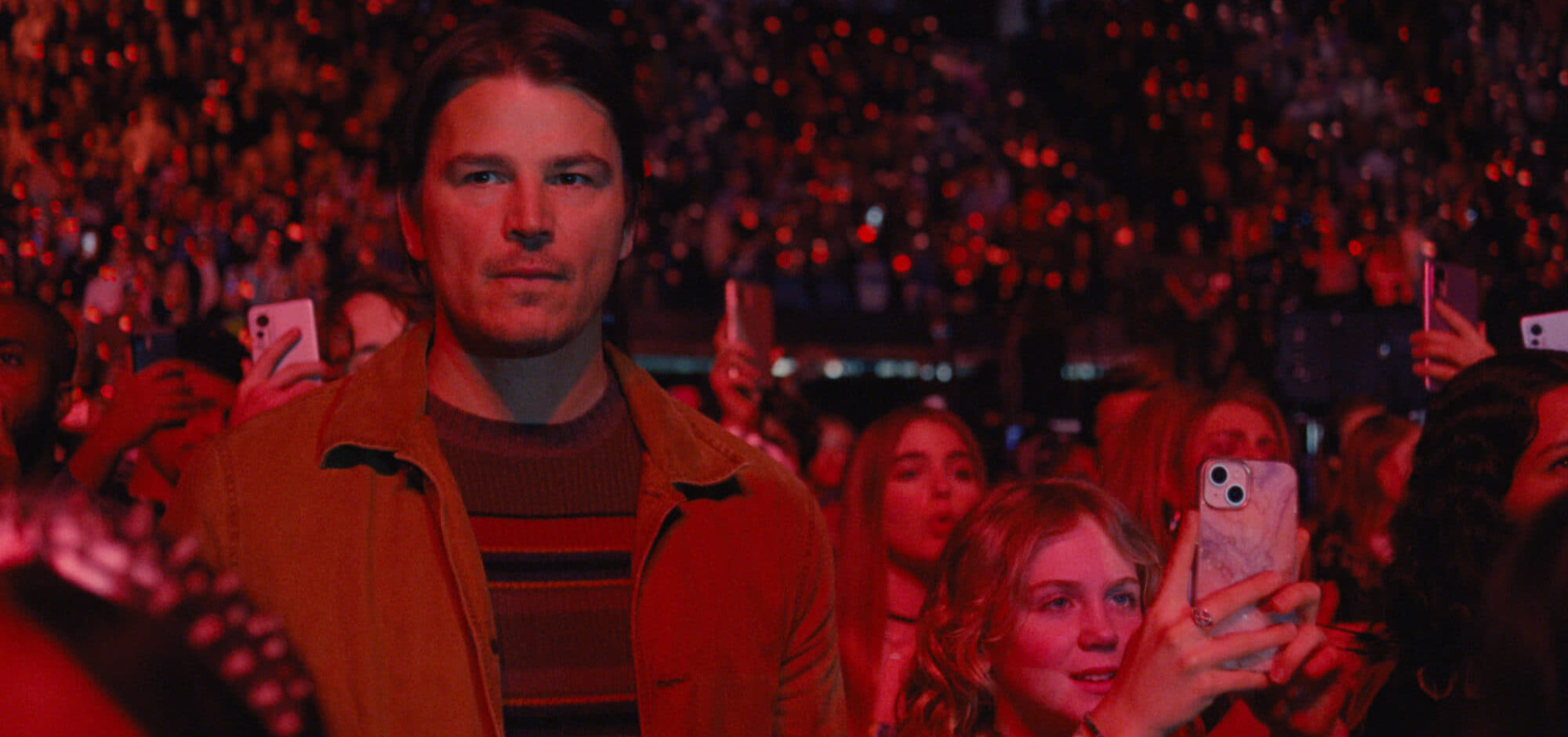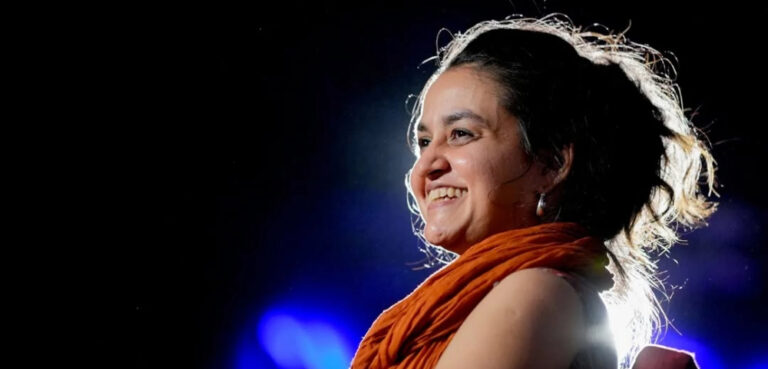
Men’s Mental Health In The Spotlight – Happy Sad Man Interview

Think about this staggering statistic from Beyond Blue: blokes make up an average of six out of eight suicides every day in Australia.
Critically acclaimed Director/Producer of recently released Happy Sad Man, Genevieve Bailey, followed five Aussie men over a period of seven years and found that even men who appear ‘happy’ on the outside can have a very different internal dialogue. A war photographer, a rural outreach worker, a musical nomad, an artist and a surfer; all dealing with mental health issues as varied as PTSD, anxiety, depression and bipolar.
On average, one in eight men will experience depression and one in five men will experience anxiety at some stage of their lives. This film is about how mental health has personally affected five individual men, but also about the universal nature of how mental health is spoken about by men.
Bailey’s original inspiration for the documentary was her friendship with John. A creative musician with strained family ties, John is “at once the happiest and saddest man I’ve ever met.” Bailey became interested in John’s story, and others such as war photographer Jake and artist David who are also friends and wanted to articulate their stories on screen.
The project took seven years, as Bailey didn’t want to portray just a surface snapshot of the men’s lives. She wanted to go deeper and follow their journeys, from growing up in a society that did not approve of men expressing emotion, to how that plays out in adult life. Bailey believes passionately that storytelling can have a huge impact on people’s lives, and hopes that for men, seeing how others deal with their mental health will help them with their own struggles. Audience feedback so far has been that the men who watch the film are grateful to see that it’s ok to express your feelings and it’s ok to own that you’re struggling with mental health.
There is still stigma around mental illness, but Happy Sad Man is a funny, sad, surprising and eye-opening film that will help us start, and expand upon, the conversations we need to have to change men’s lives.

